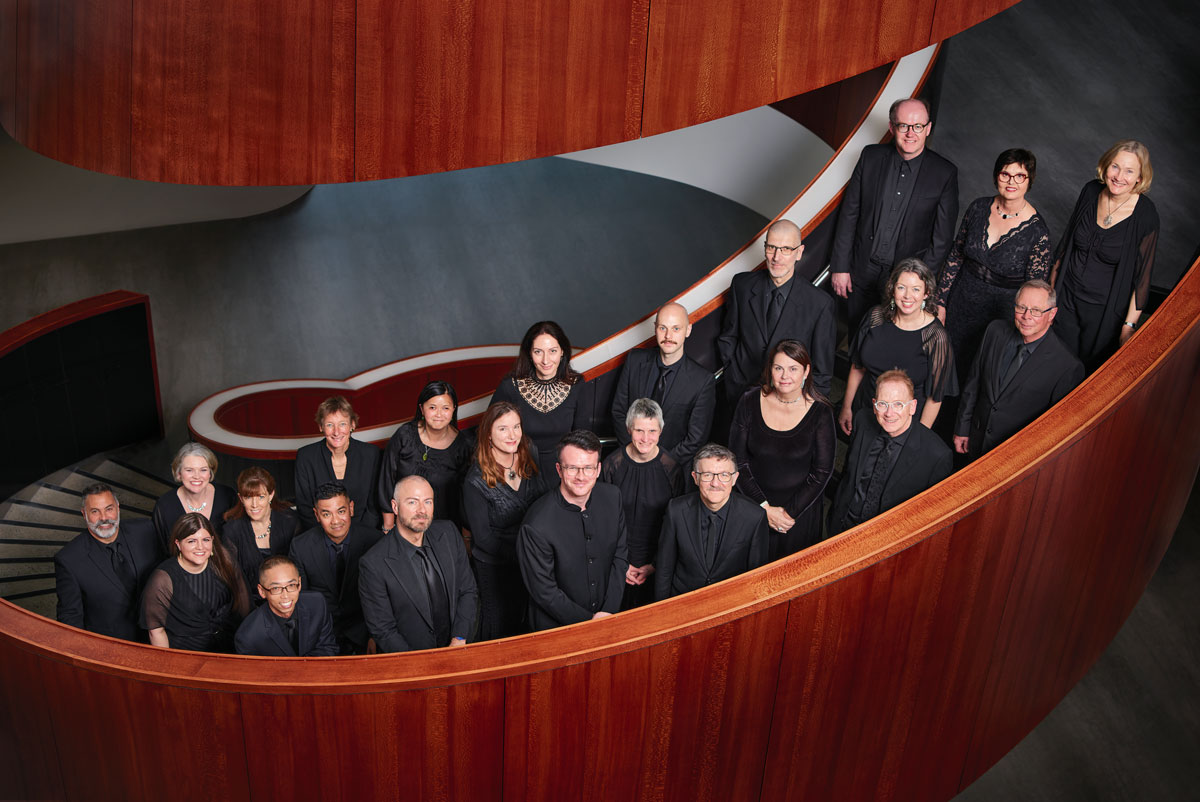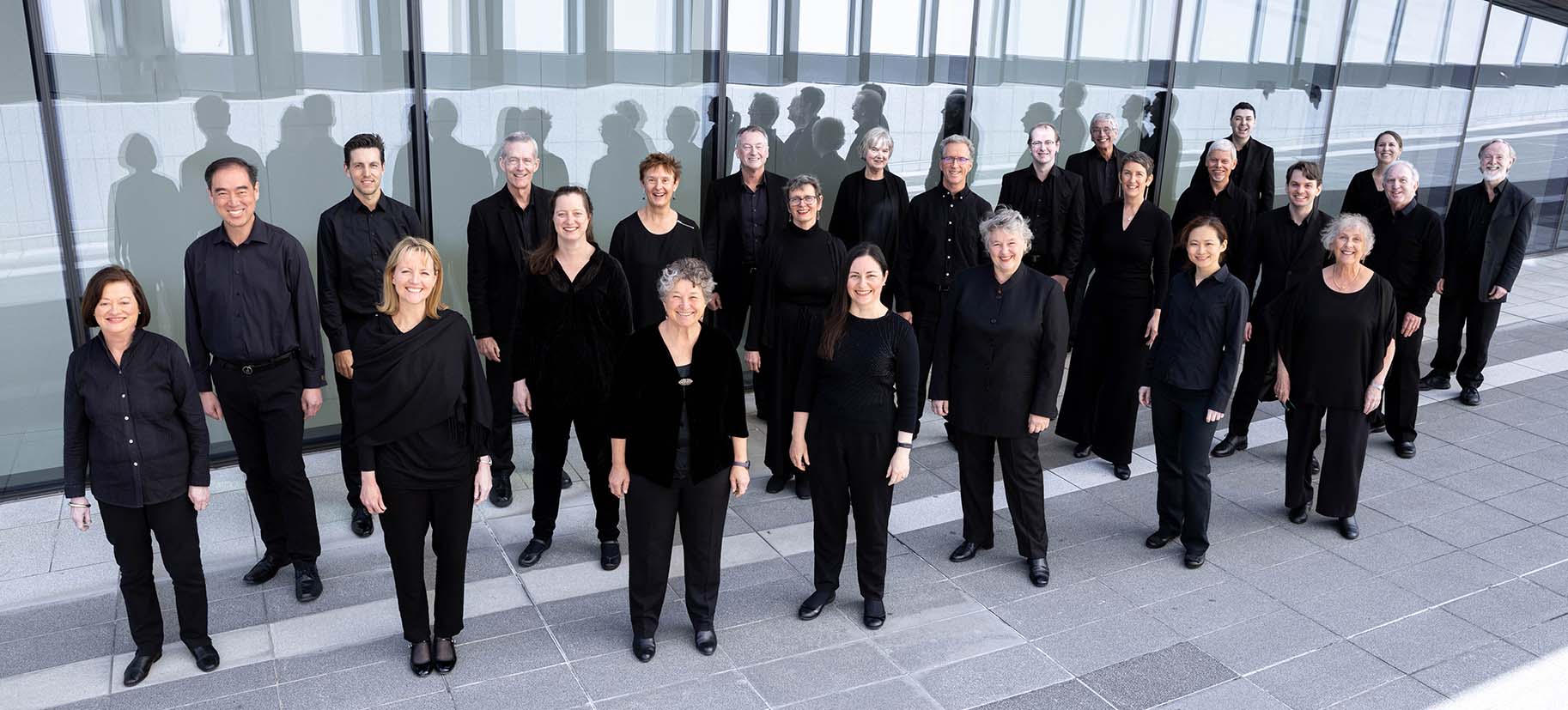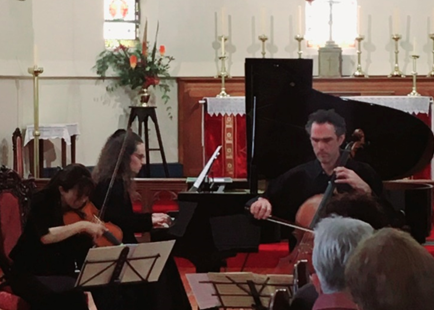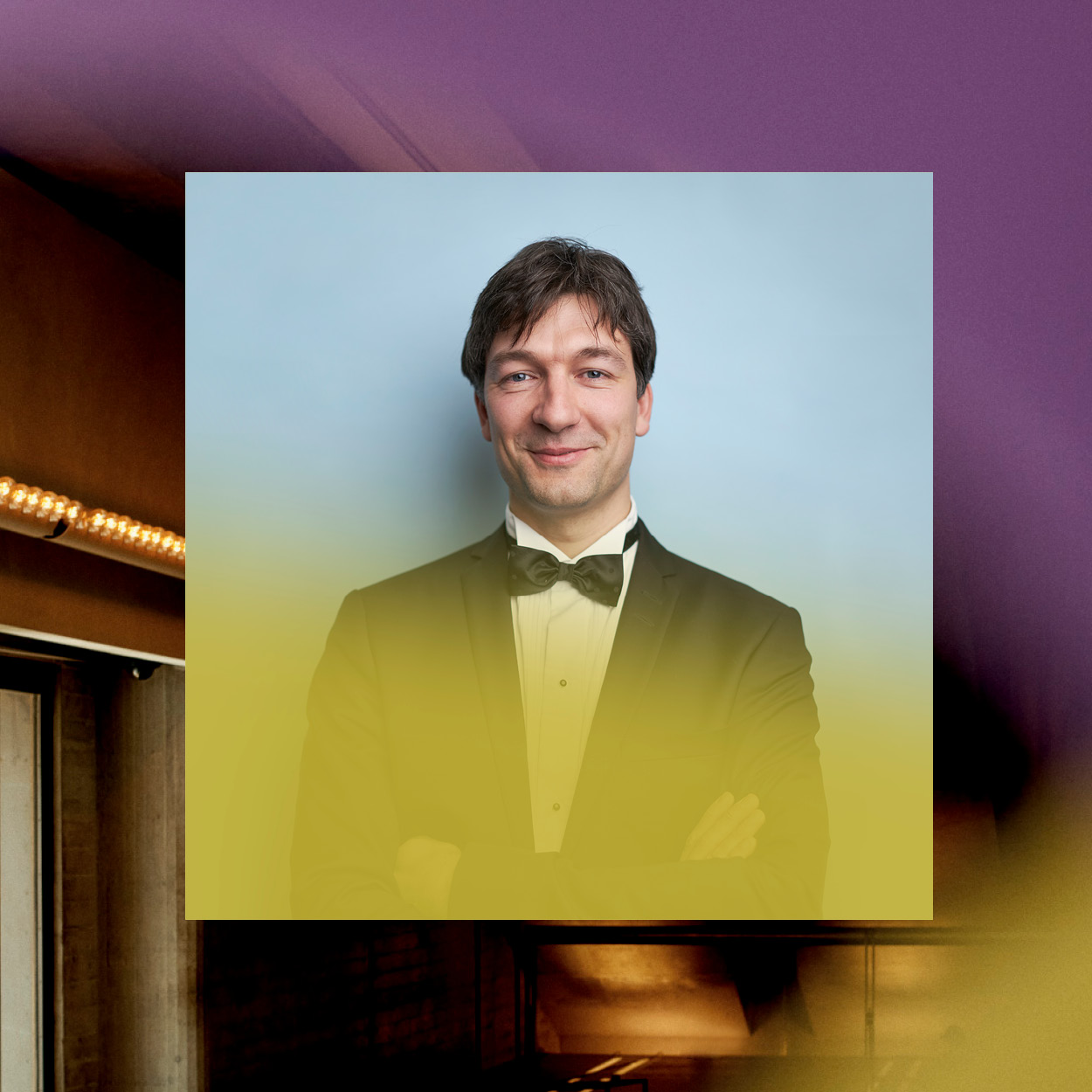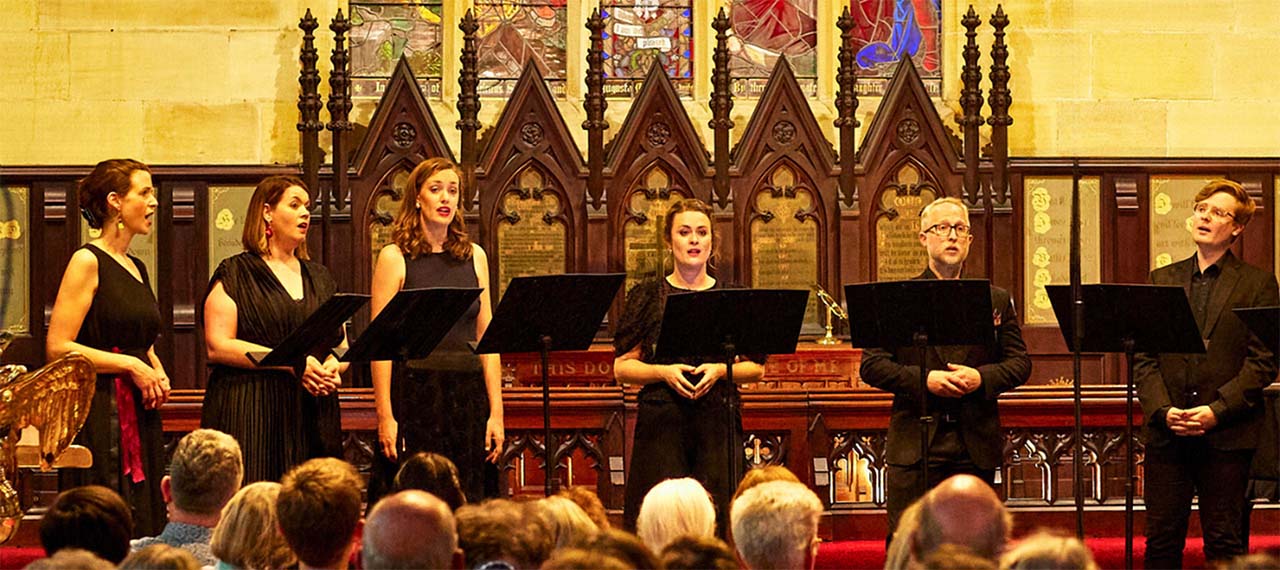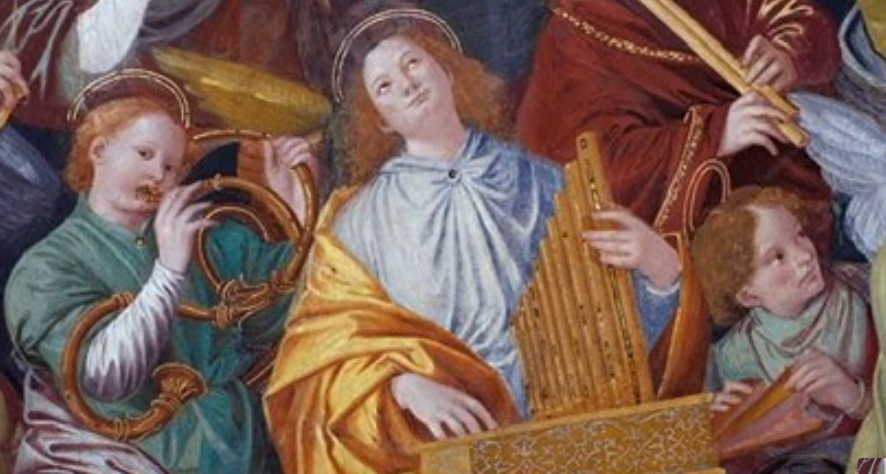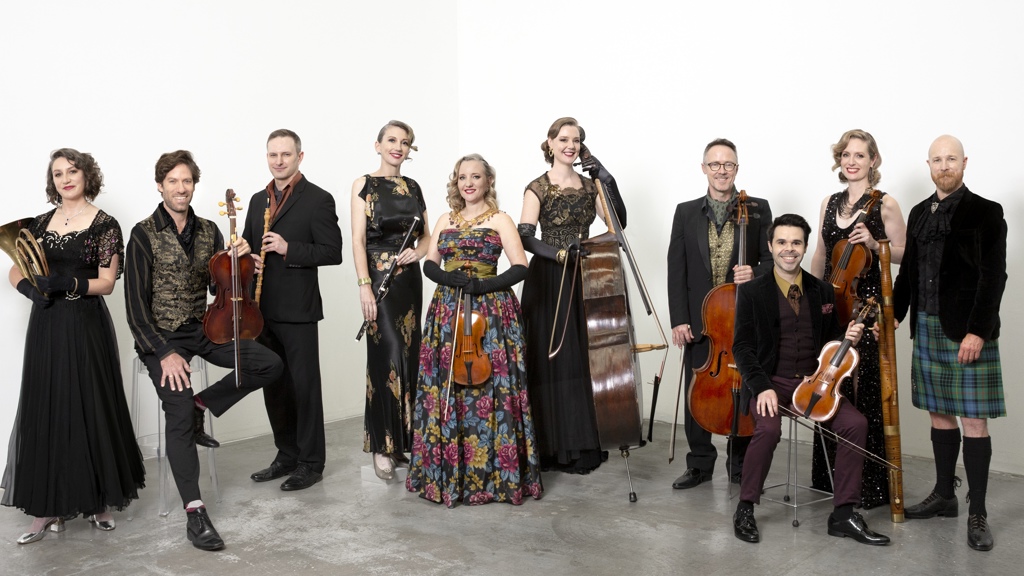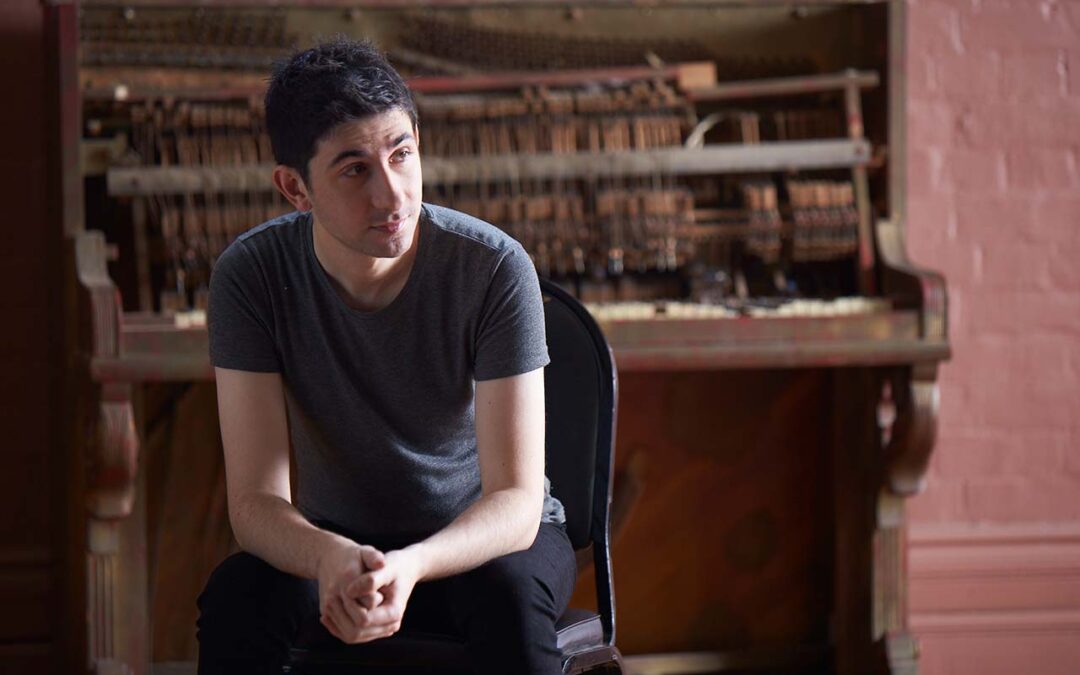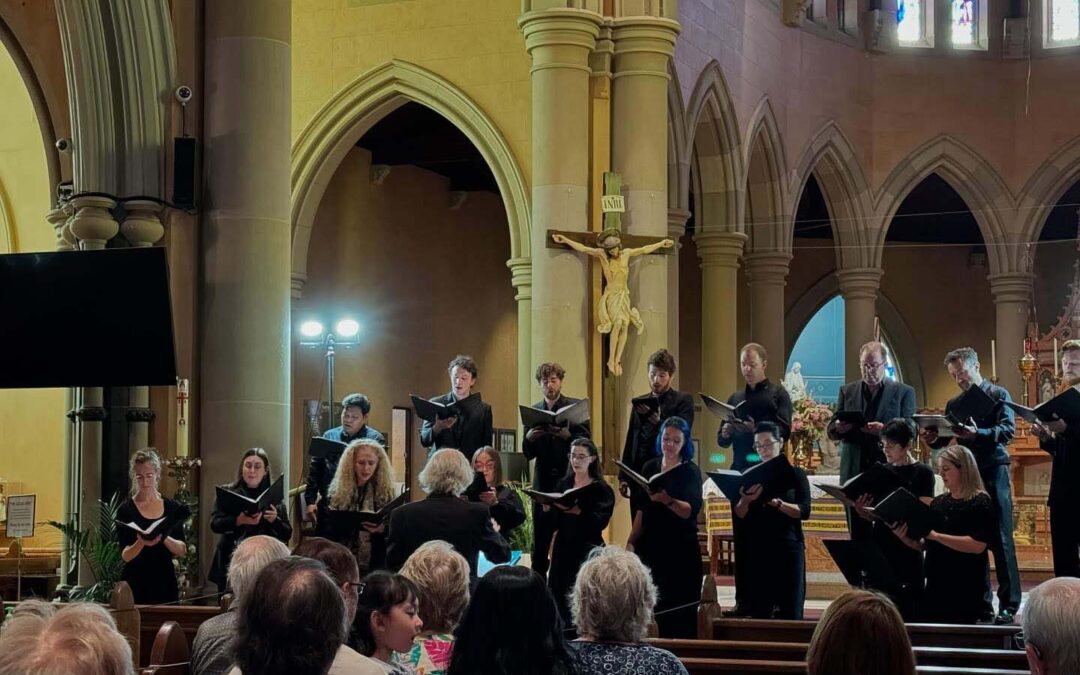If you sing, ‘de dah da, dad dad da’, you will impress your friends as obviously they will think you know a Mozart quartet!
W.A. Mozart 1st Piano Quartet K478 in G Minor
On a fairly breezy evening, almost an English summer evening, it was that cold, the young and vibrant Reservoir Trio with Ella Brinch gave a nice and breezy account of the Mozart which is reputed to be the first major piece he composed for this combination of instruments.
The first movement which is quite serious and definitely in the minor reminded me of a communication consultant saying, ‘if you want to get your message across tell it them once, tell it them twice and tell it them three times’. Well if you sing out loud, ‘de dah da, dad dad da’ quickly you will have got the main tune for this first movement. But being Mozart he repeats it lots more than three times; but being Mozart it doesn’t make you bored because he weaves lots of different melodies around it – sometime mysterious, sometimes more joyful, though inevitably still going back to the minor key.
Mozart is deceptively difficult to play and I wish chamber groups would play it last when they have warmed up as often the phrasing and intonation can be tricky and also, as is in this case, the piano runs are tricky. Chris Cartner on piano played with aplomb I am pleased to say. Indeed the guy who commissioned the work, Hoffmeister thought it was too difficult to play and released Mozart from completing the set of three he wanted. Mozart being Mozart promptly wrote another one nine months later! It is a great quartet – perhaps the group played the slow middle movement the best and really found the heart of Mozart and this music there.
J. Brahms Piano Quartet in A Major
There was also lots of heart and soul in the second piece by Brahms – his A Major piano quartet. Spookily his first piano quartet, like Mozart’s, was in the key of G Minor. This piece was more sunshine than Mozart’s minor key sternness and formality. Indeed the evening sun came out and shone through the beautiful stained glass windows of the church at this juncture.
The quartet was completed in 1861 and received its premiere in November 1863 by the Hellmesberger Quartet with the composer playing the piano part. It has been especially noted for drawing influence from composer Franz Schubert. Lasting approximately 50 minutes, this quartet is the longest of Brahms’s chamber works to perform.
The Schubert influence is certainly keenly felt throughout, especially in, as Chris Cartner said in his introduction to the piece, the first movement, which has a rather spiritual quality. The quartet were in fine form again in the lyrical and bewitching slow movement and then in the rather Hungarian style final movement which has lots of jaunty dance melodies.
A second opportunity to hear the program
Pitt St Uniting Church on Thursday 18 December.
Support their Pozible campaign for 2015 program
I do hope these Lavender Bay concerts continue – this concert was a fitting end to a great season. Anyone coming to chamber music for the first or fifty- first time will derive great pleasure from a great social enterprise. Resonance Concerts and Events deserve support for the 2015 season and their crowdfunding appeal.
Review of: The Reservoir Trio – Christ Church, Lavender Bay 12th December 2014




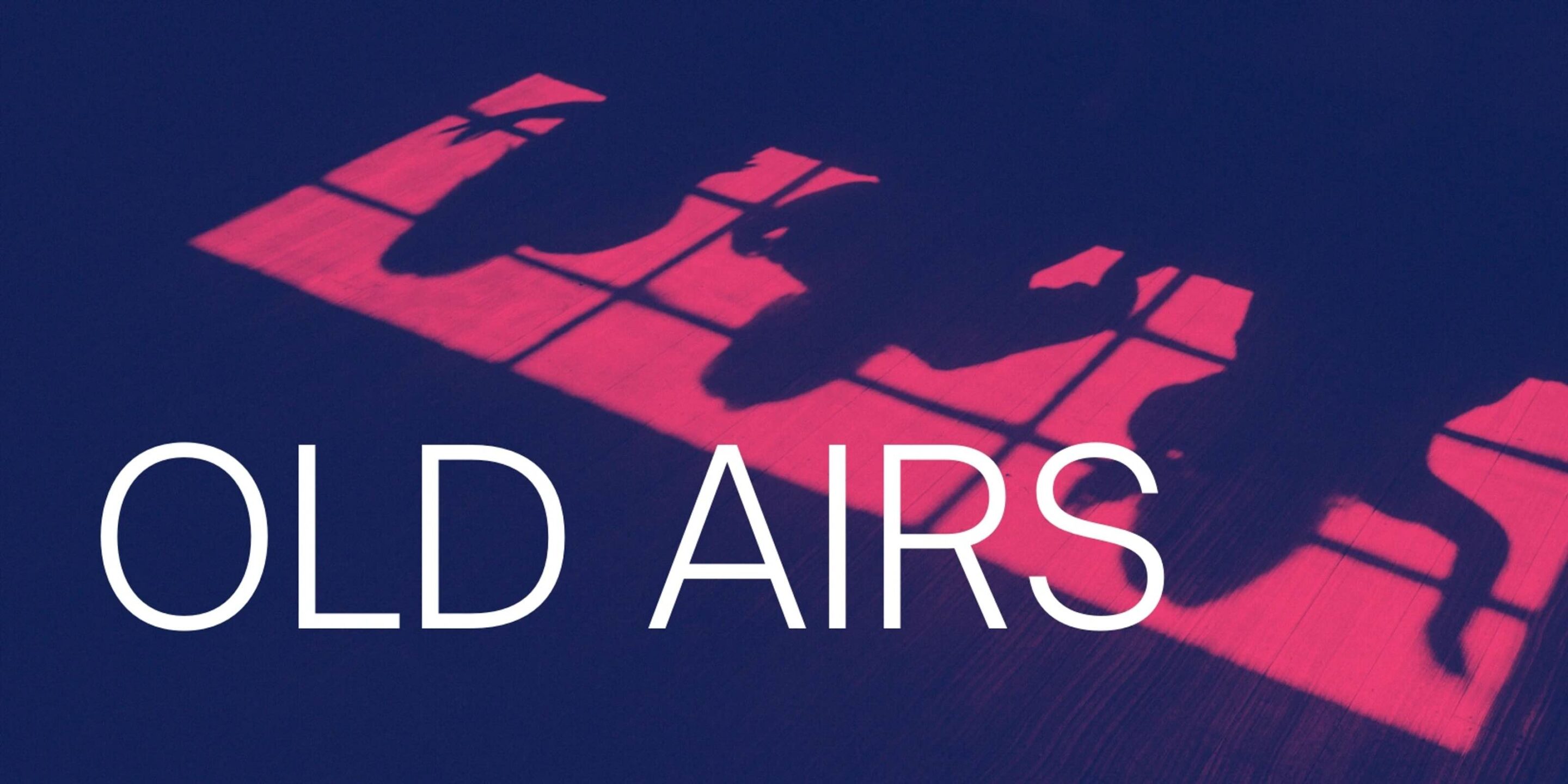
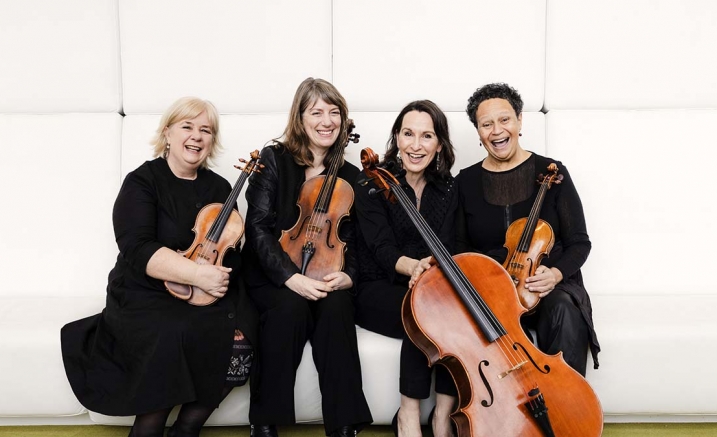


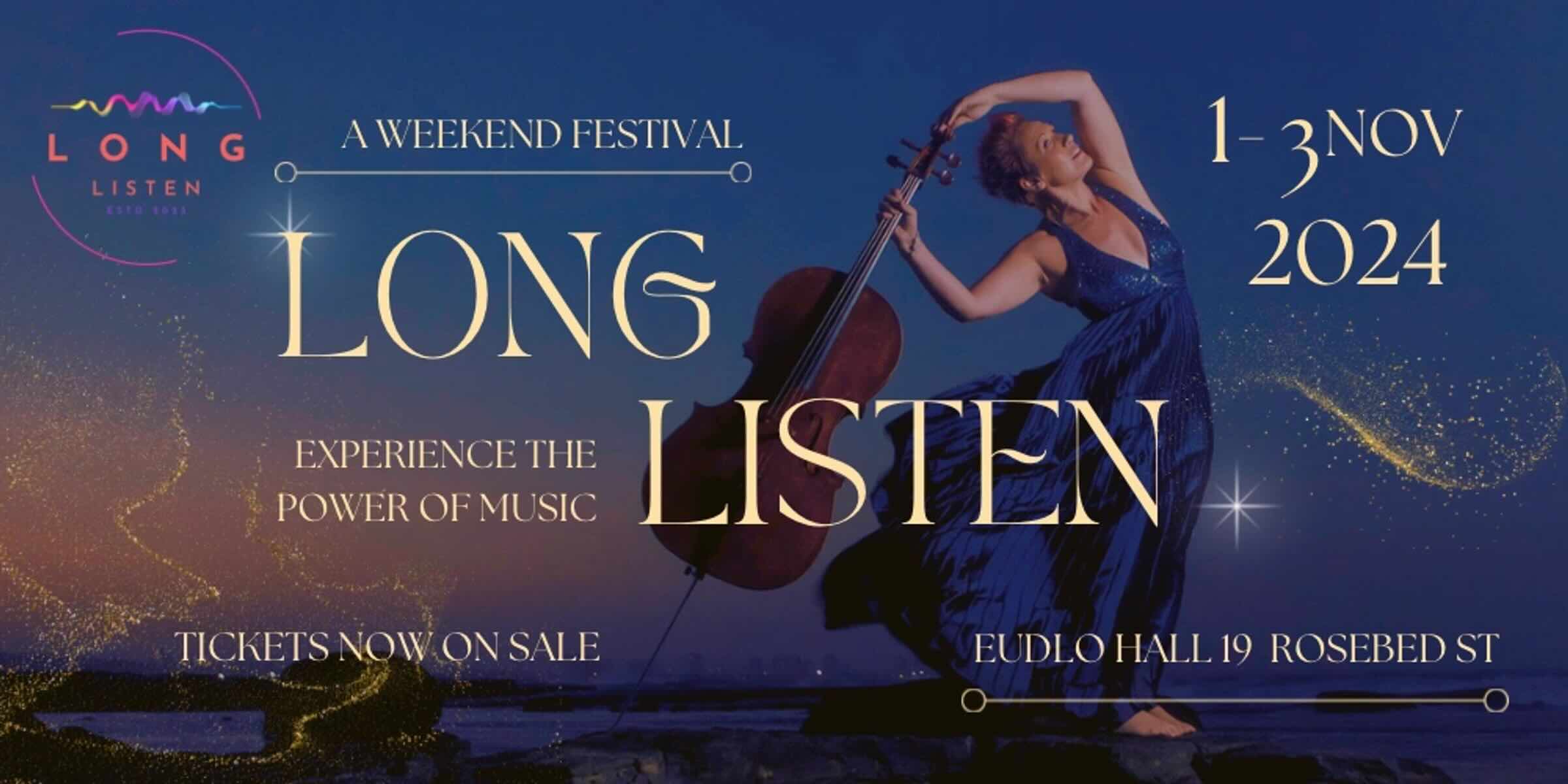
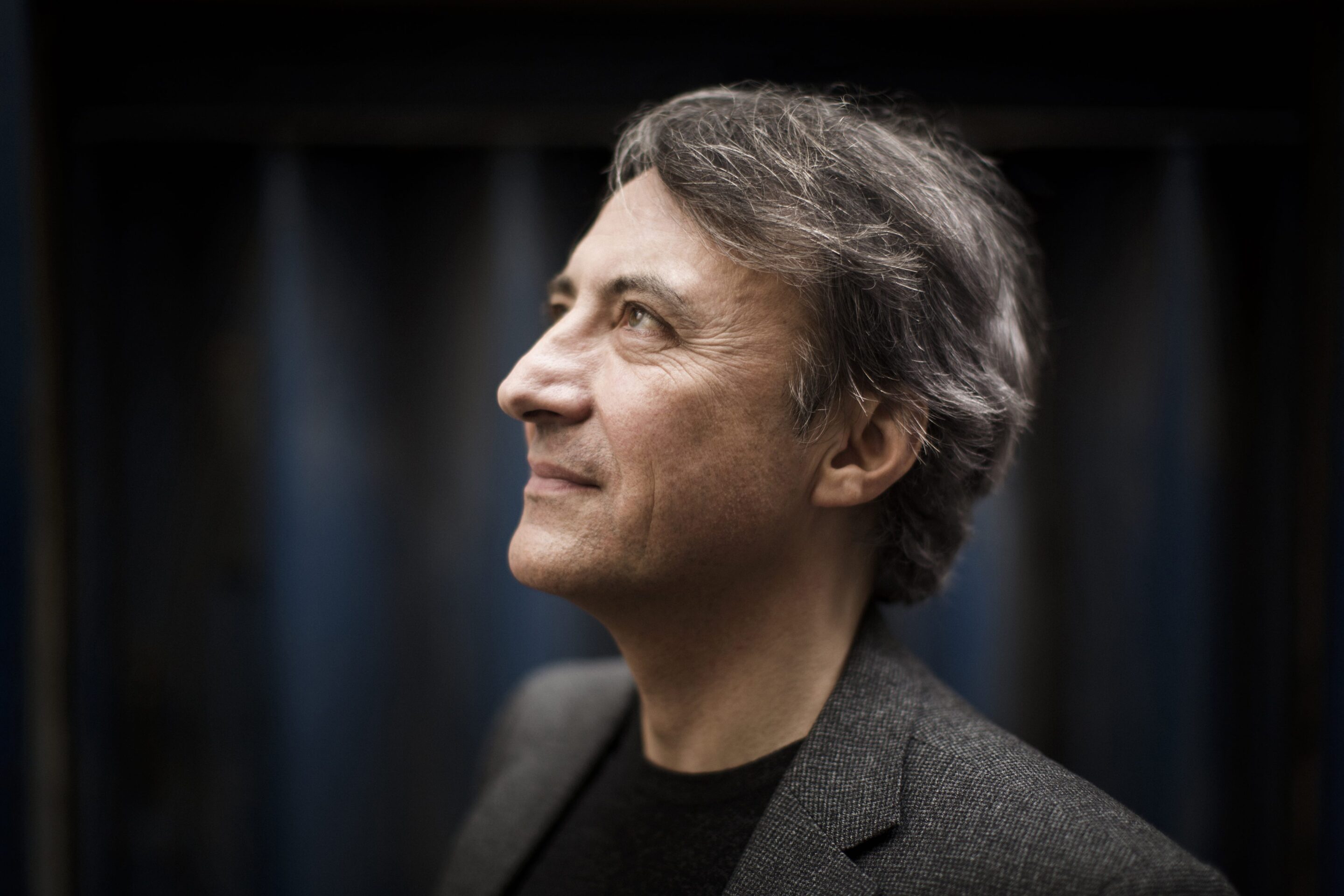

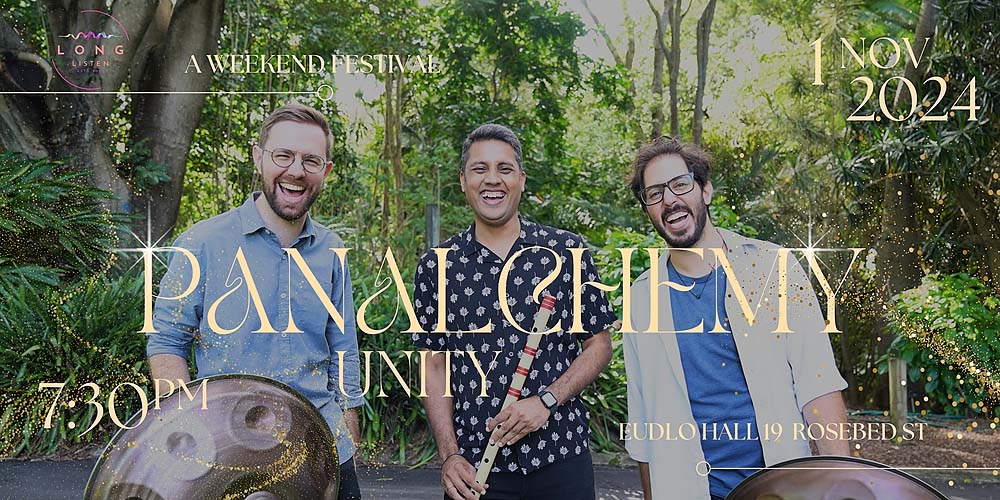

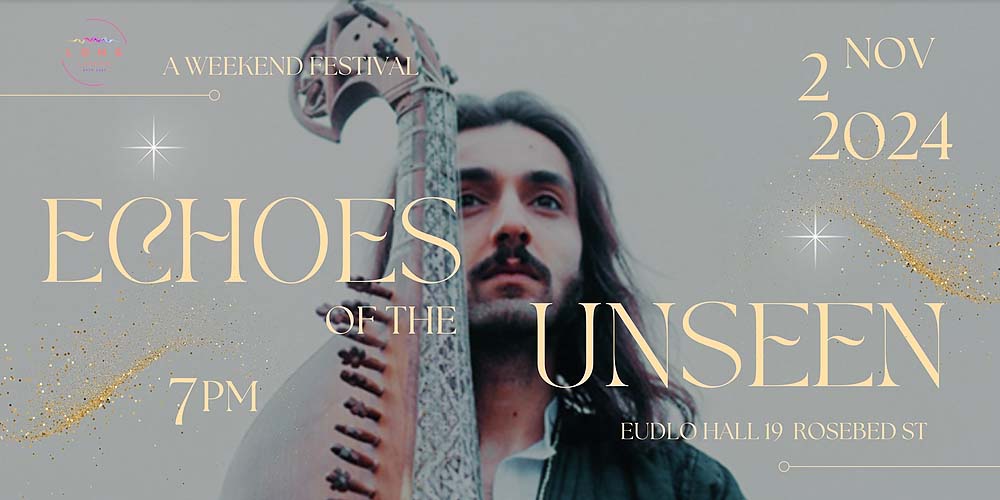
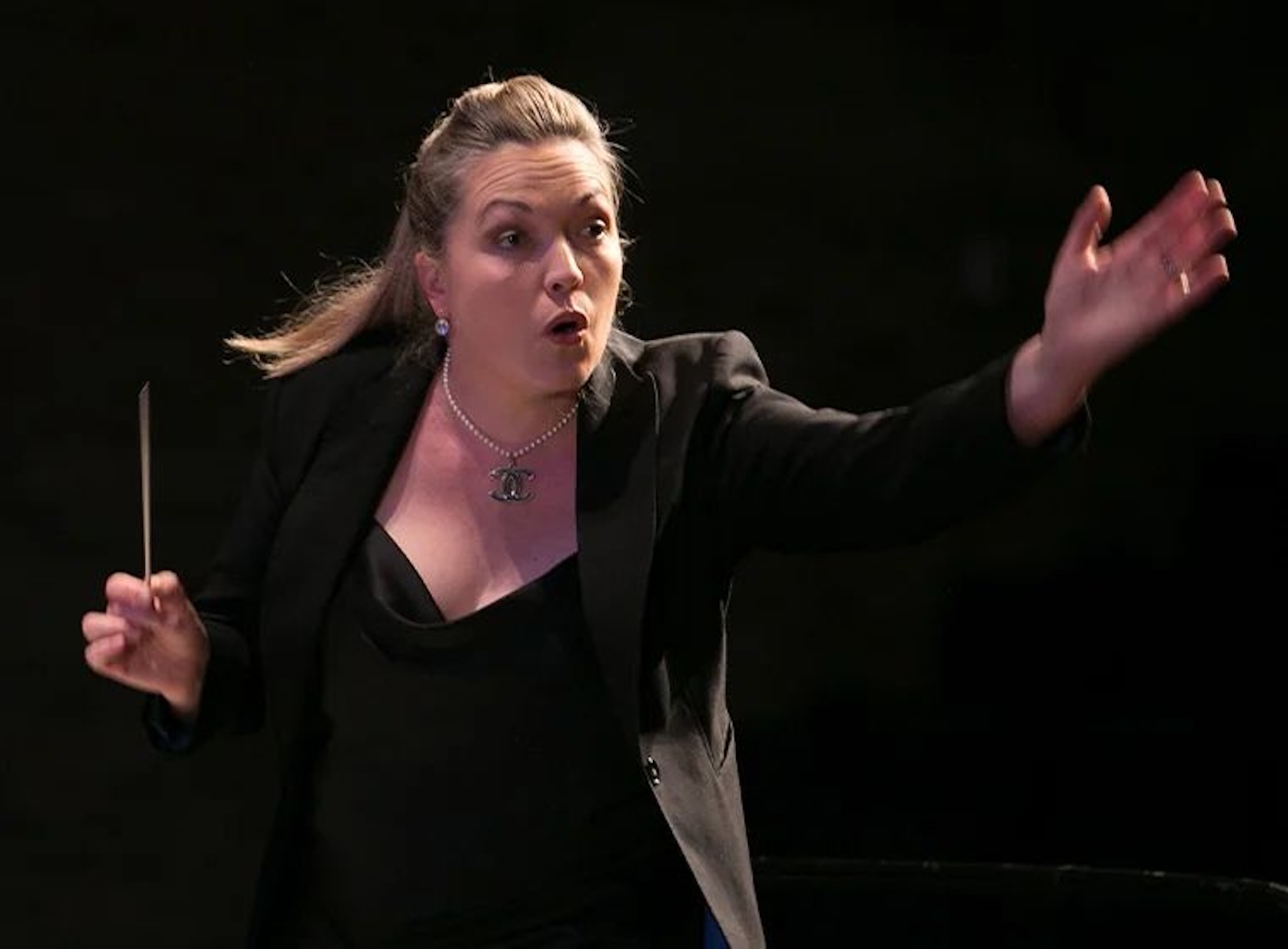
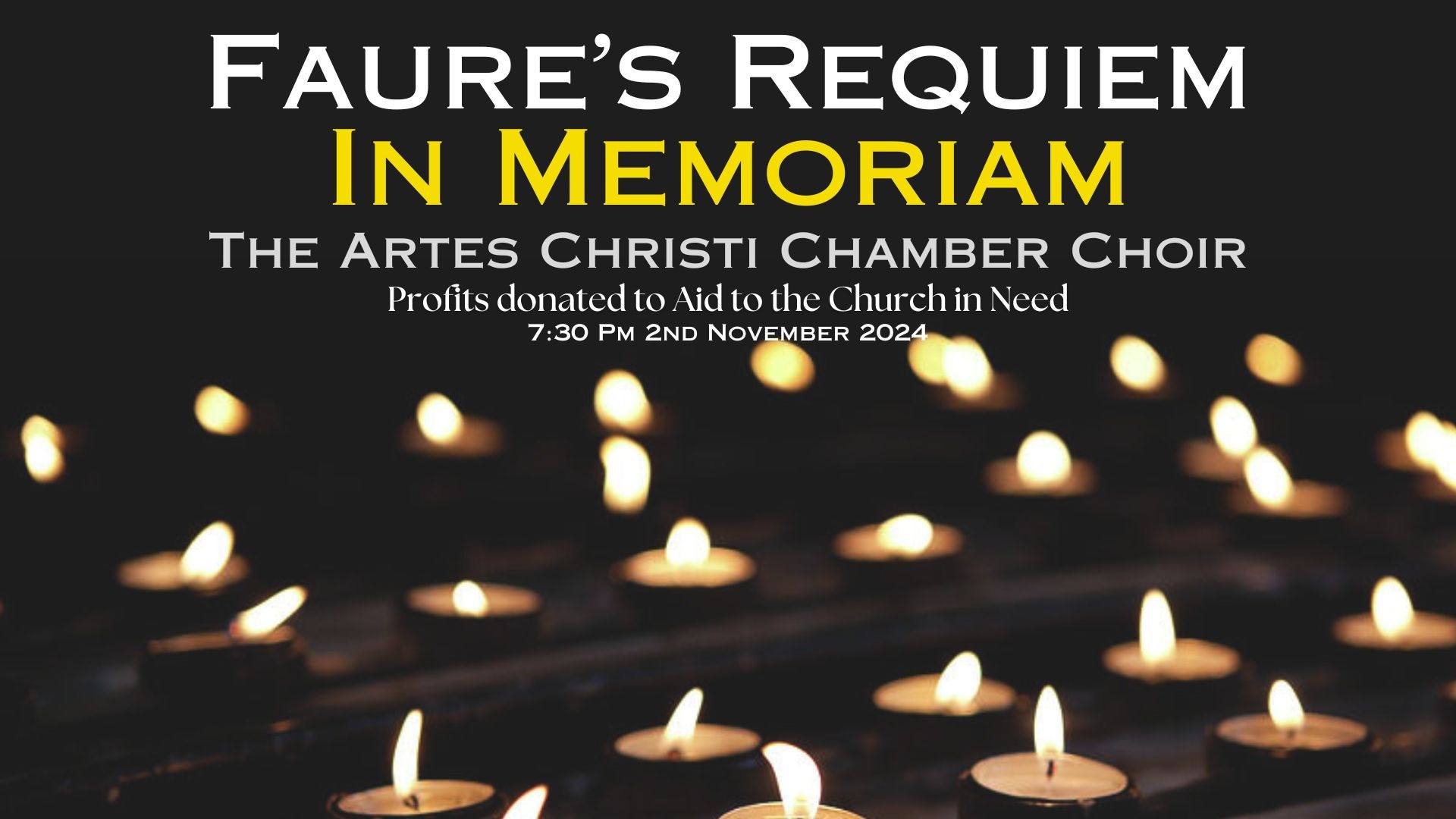
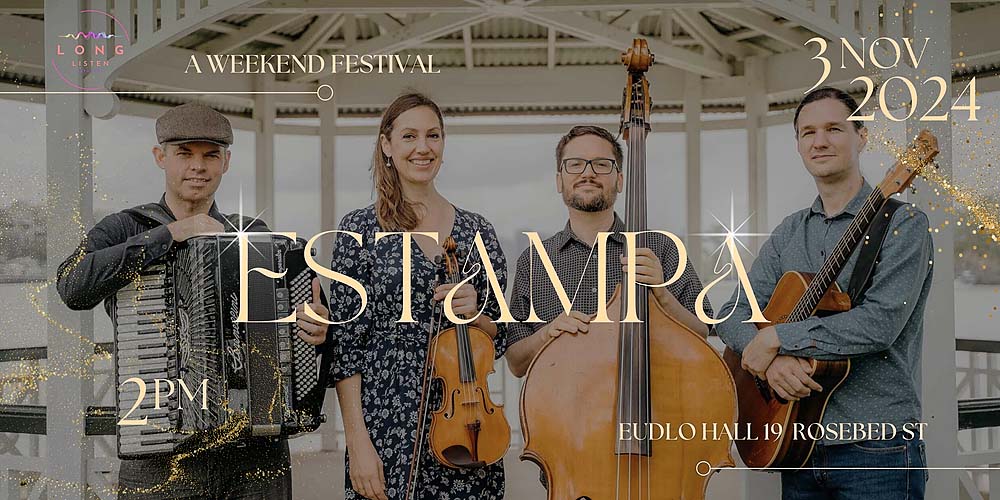





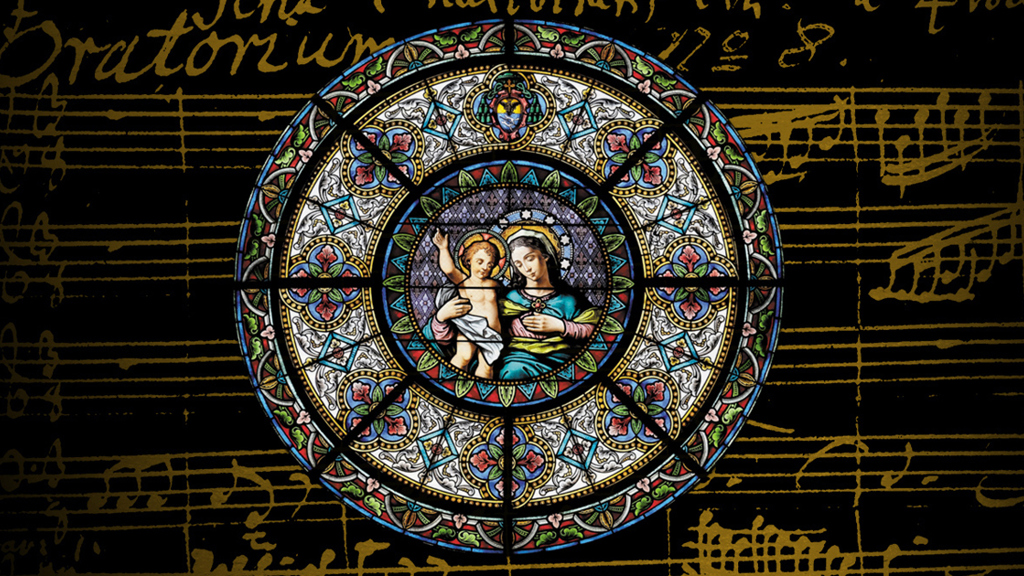
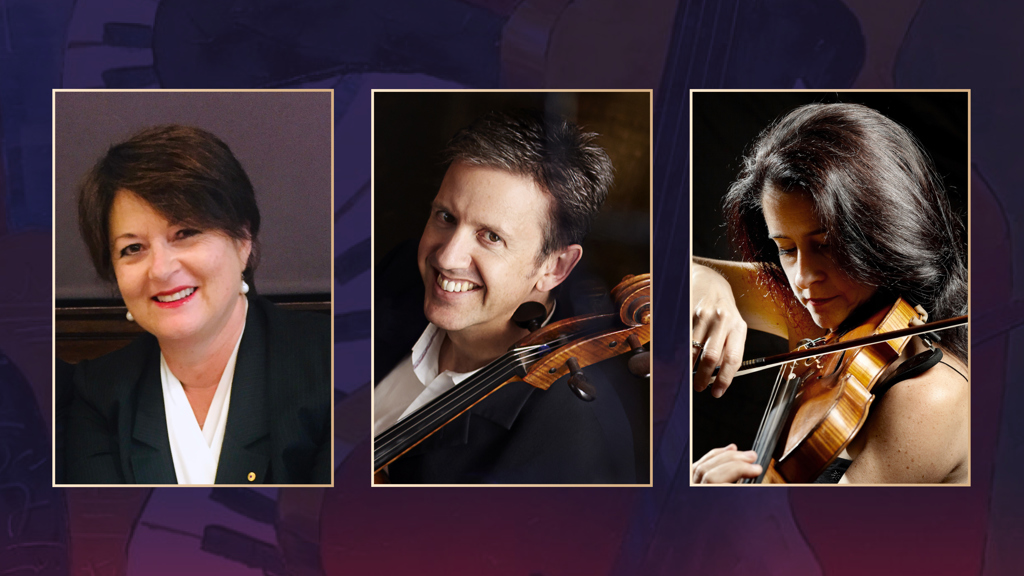

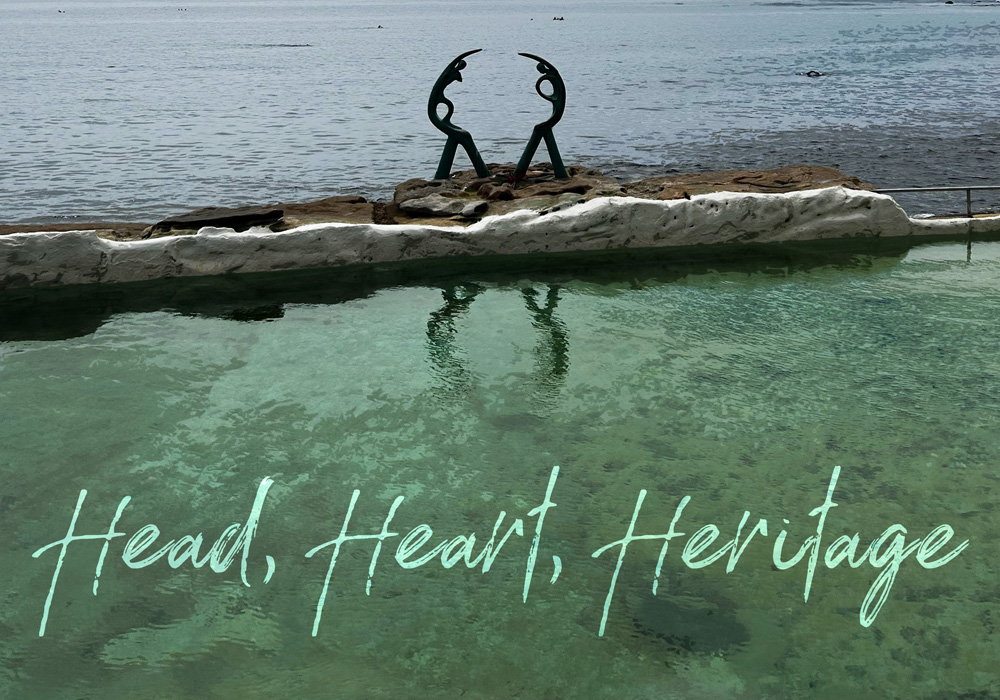
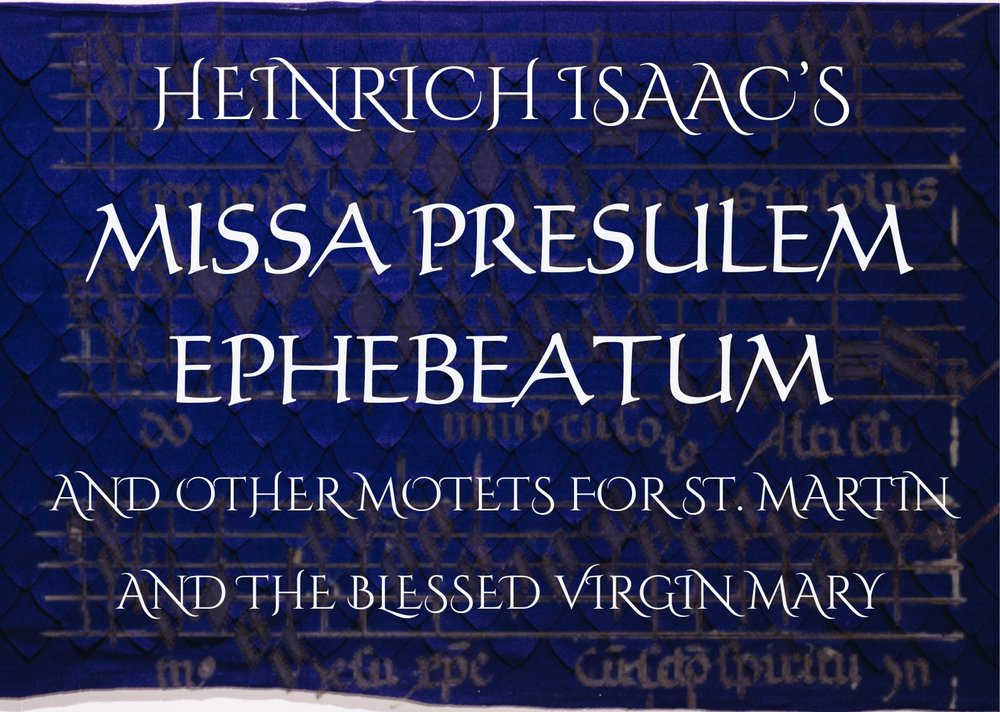

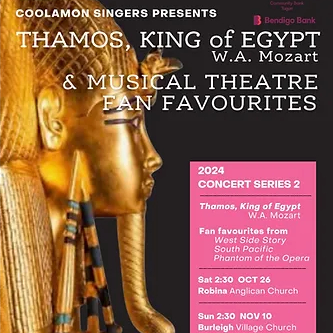
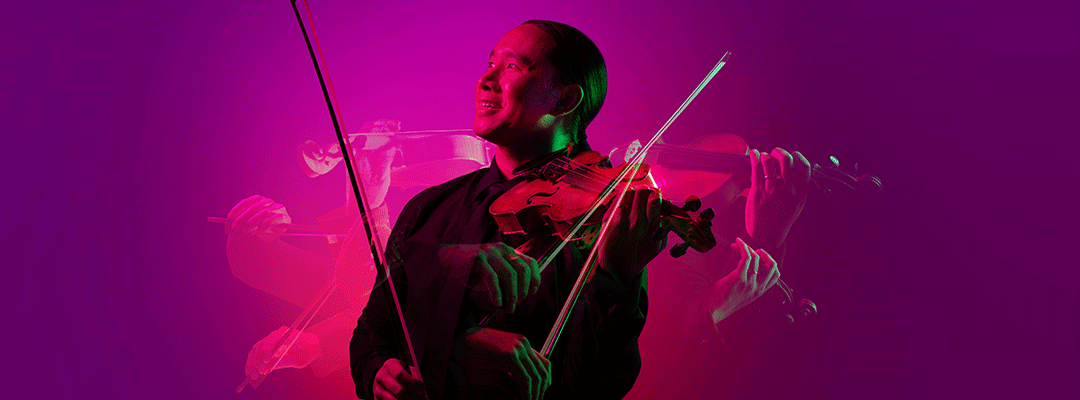


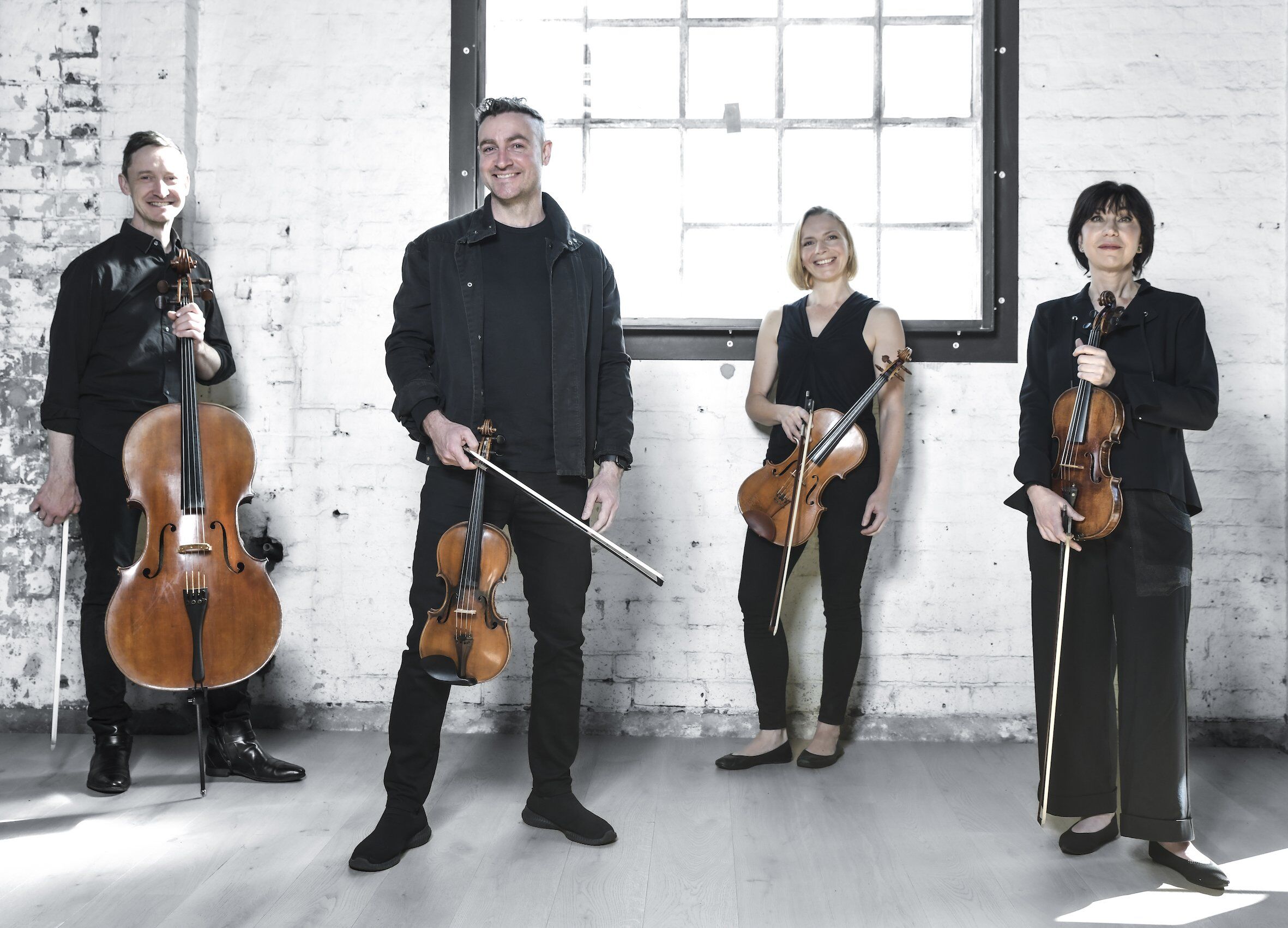

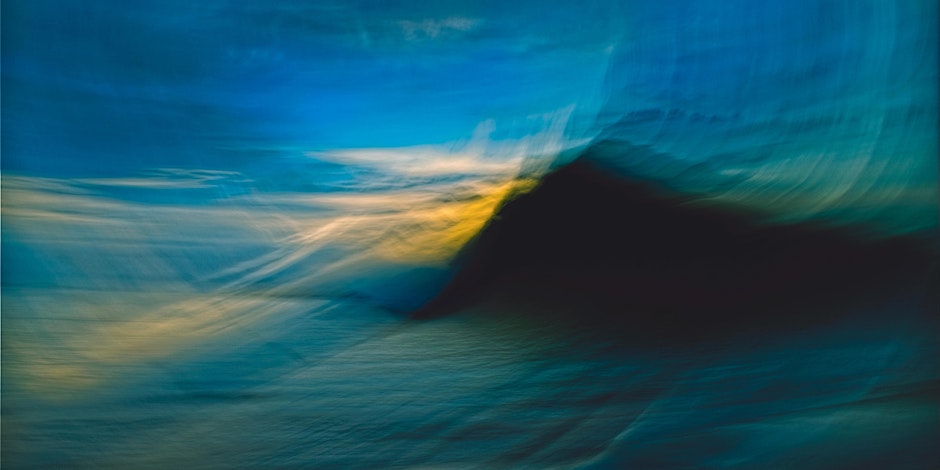



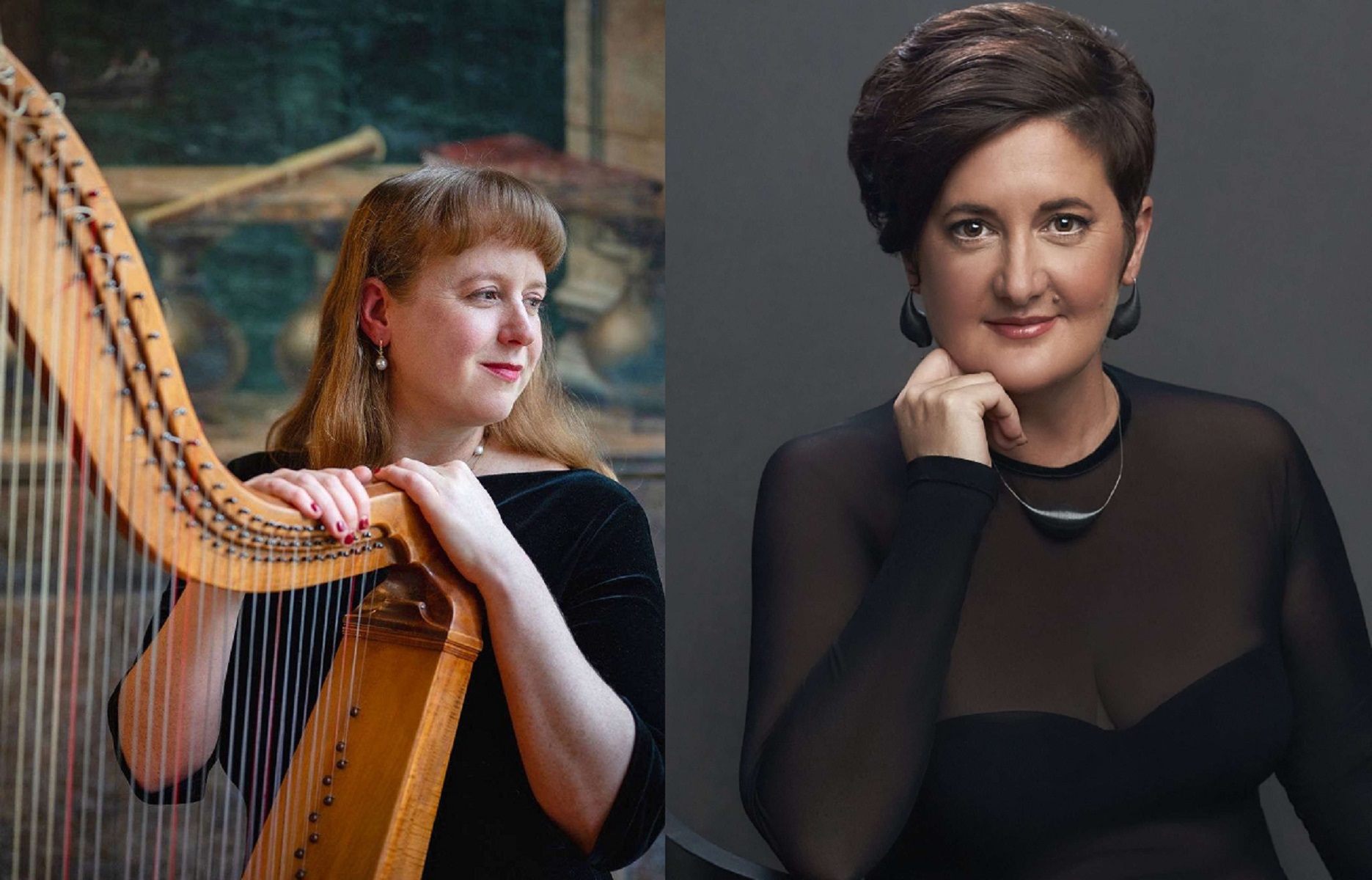
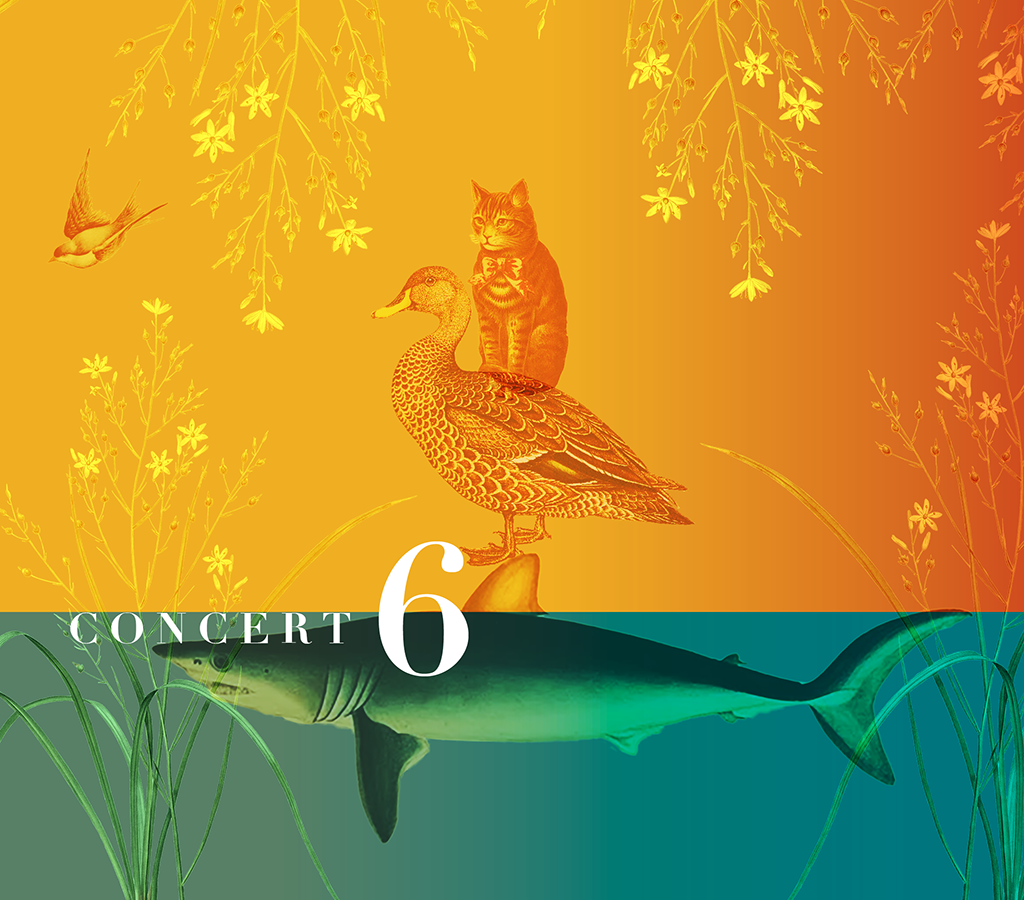

![user222 mrc mostlymozart [splendour of vienna] user222 mrc mostlymozart [splendour of vienna]](https://cdn-classikon.b-cdn.net/wp-content/uploads/2024/02/user222-mrc_mostlymozart_splendour_of_vienna.png)

